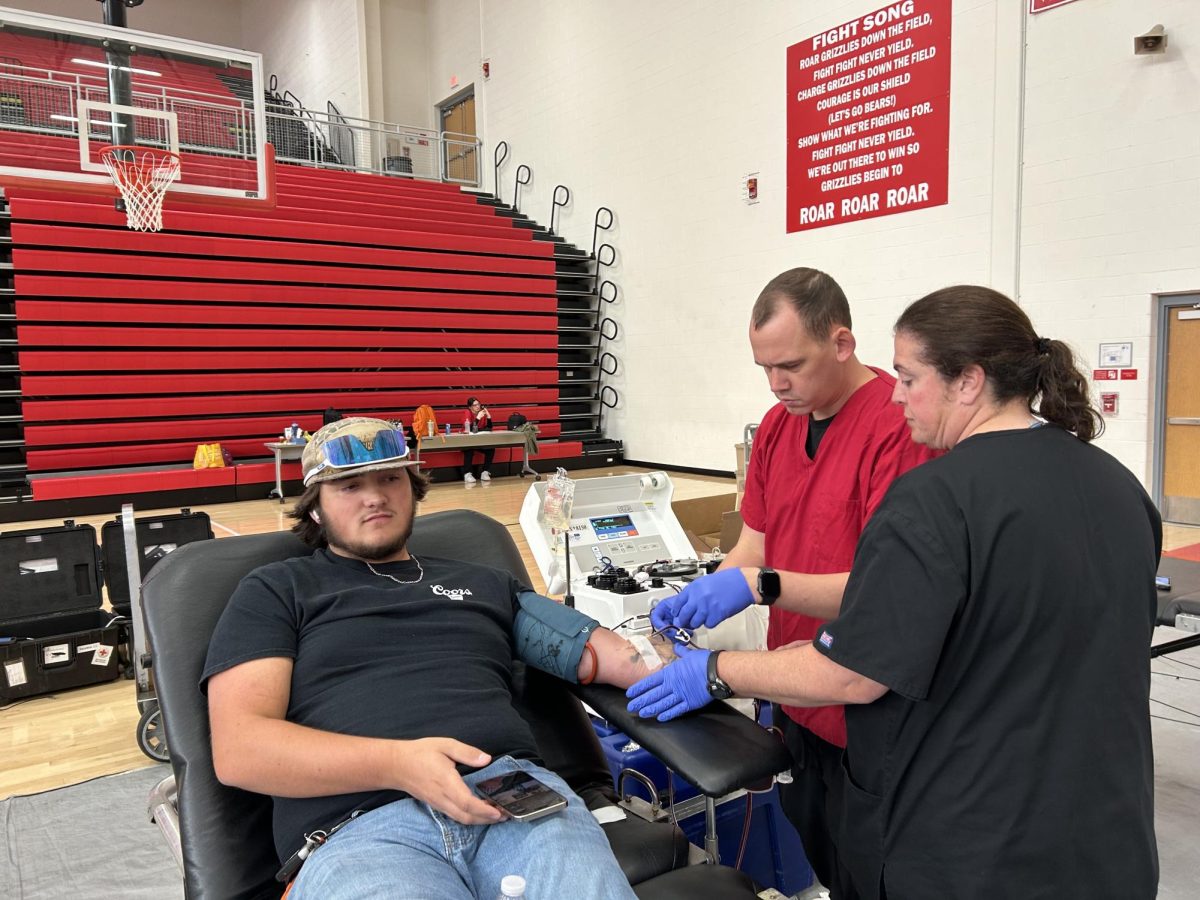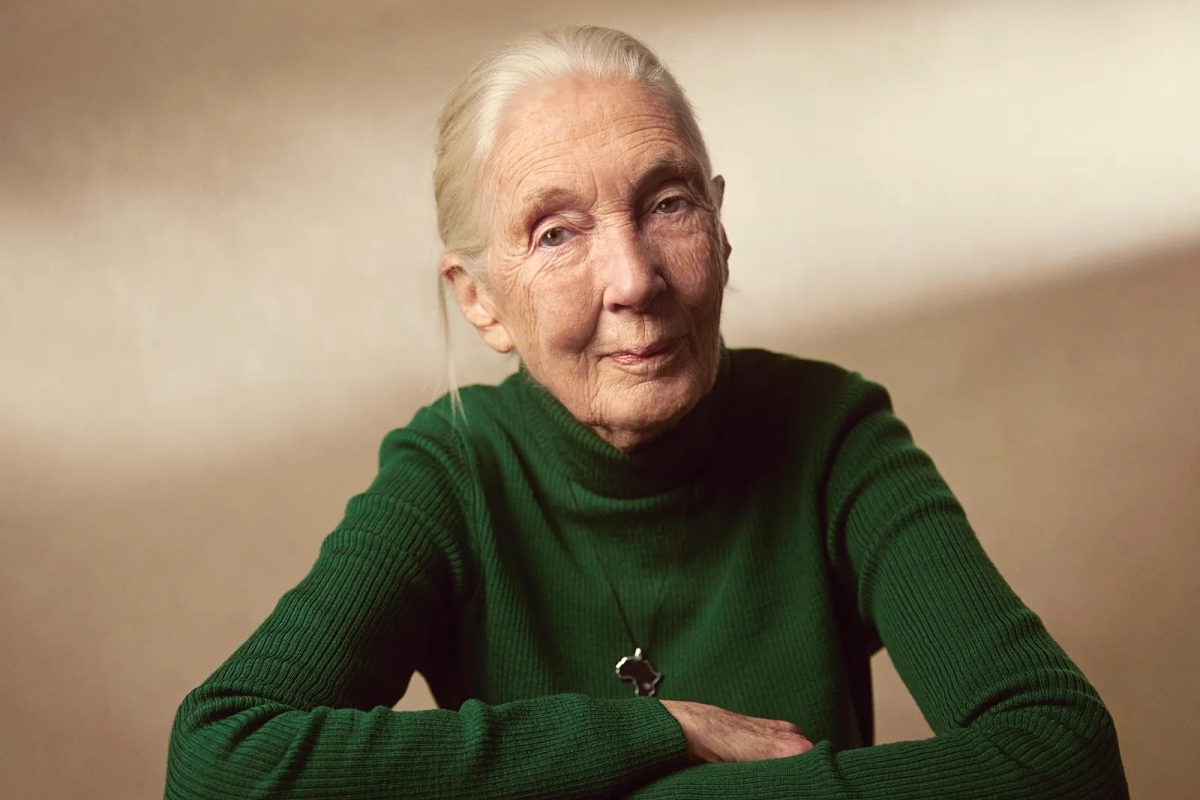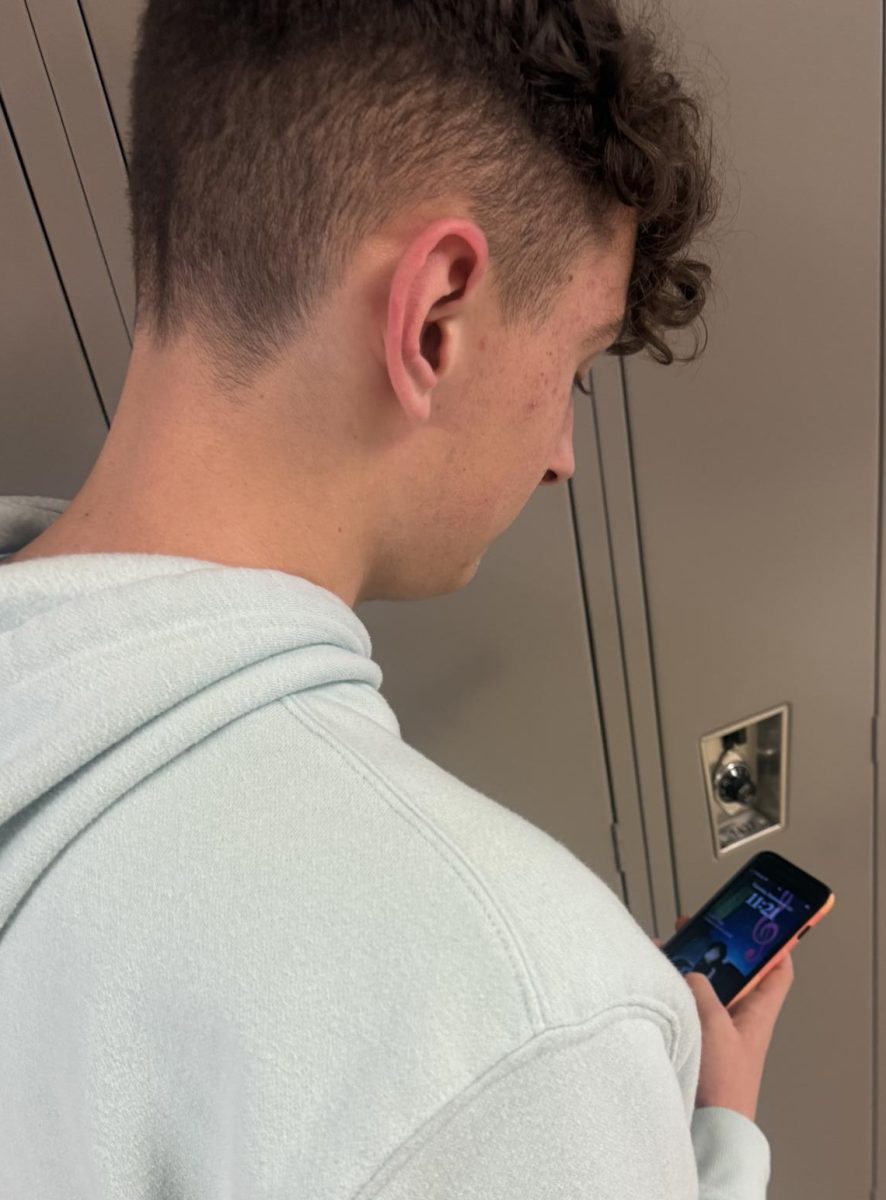OPINION BY NATALIE MAHER
A mere three weeks ago, COVID-19, the novel coronavirus, seemed distant to many. Students hoped it would come so they would get off school, while adults viewed it as more of a nuisance. There was no need for concern.

Fast forward to present day, and a completely different story is being played out. The public has begun to panic. It started with toilet paper. Businesses and stores quickly began to run out of this necessity. People began buying in bulk, without even thinking of the consequences or how this would affect other people. The same story can be told for hand sanitizer. Some people bought it with no other plans but to use it, while others bought it in hopes of selling it.
People began price-gouging. Price-gouging is when consumers buy a lot or even some of a certain product with the intent of selling them for a higher price than they were originally purchased at.
During this time people are going to have to make sacrifices. While some may be voluntary, others are going to become mandatory. These sacrifices may look different depending on the age group.
“They have to understand they’re going to have to give up things like going out and spending time with friends like usual,” stated Madison Bidinger, a junior at Wadsworth High School.
One of the sacrifices that many shoppers have certainly noticed is that stores have begun limiting the amount of an item you can buy to one or two per customer.
Big companies, other than stores, have had to begin making choices as well. Streaming services such as Netflix have begun taking steps to lessen the blow on their servers.

Photo by Natalie Maher
In Europe, Netflix, followed by Disney and Apple, have lowered their streaming quality since more people are spending more time using the services during quarantine. Many believe these entertainment providers will soon do the same in the US.
Users will not have a choice on whether or not their quality will be reduced. It is an action these companies are beginning to take and enforce.
During this time, people around our community have been making choices for the better of the public on their own, while others have not given a thought to how their actions are affecting others, and the group most to blame is teenagers.
“I don’t think some kids our age understand that this isn’t a vacation and it’s actually a serious situation,” said Bidinger.
While there are steps major corporations are taking, there are things we as a community could do to help:
1. Be smart shoppers. If you do not need an item, do not buy it. Do not buy out of panic. Remember when you are shopping you are not the only person who may need an item. Items that do not already have a limit, limit yourself.
2. Follow the regulations set by the CDC (Centers for Disease Control and Prevention) and the state. Your friends can wait, do not congregate in big groups. For young people, remember you are not a major at-risk group but you can spread the virus throughout the community.
3. Help the at-risk groups. Offer to pick up groceries for those who do not feel comfortable going to the store.
4. Stay home as much as possible. Do not go out to just go out. Remember we are all in this together. You are not alone.




































